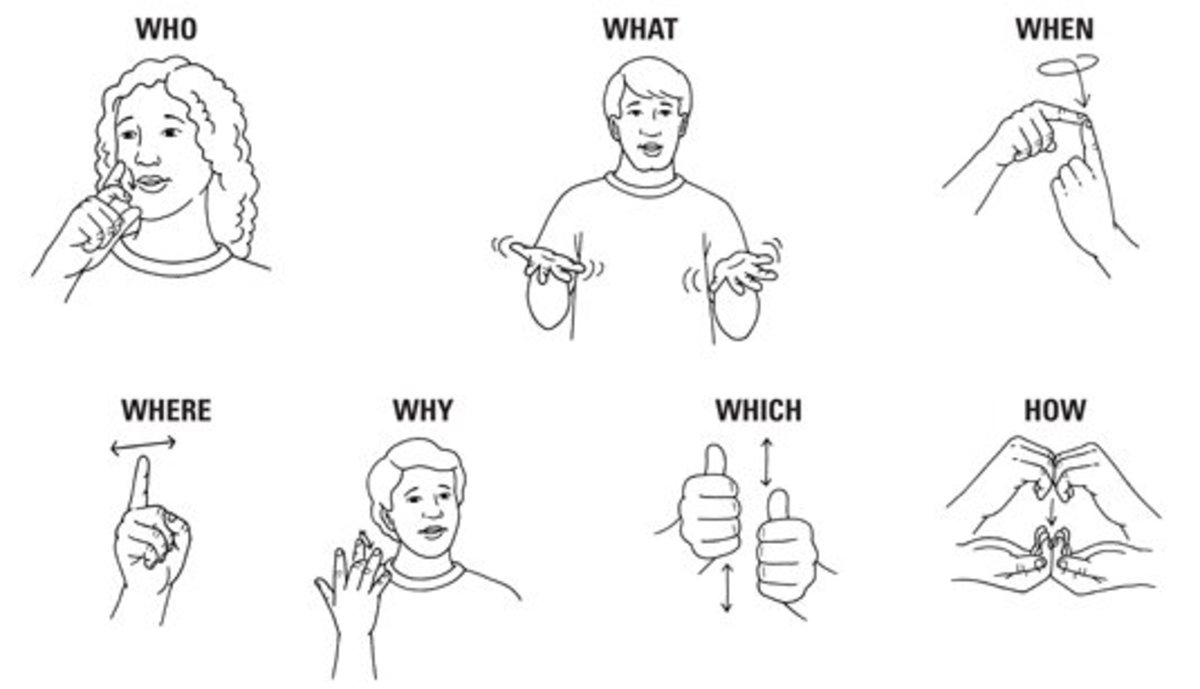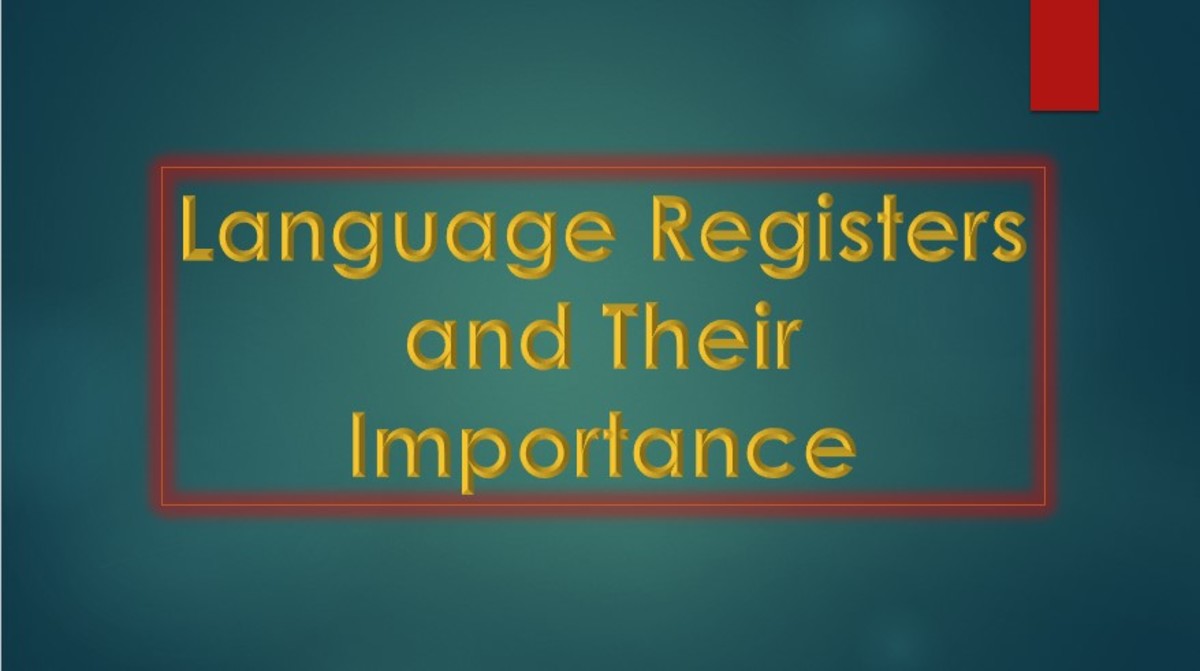Texting and the Future of the English Language

Confessions of a non-texter
Do you spend most of your day with your cell phone in your hand, waiting for that notification that you’ve received a text message? Are you one of the billions who depends on texting to do your job or to keep in touch with loved ones? If the answer is yes, you could be making history. You are changing the future of the English language.
I must confess that I don’t text. In fact, I’ve only had a smart phone for a few months and I still don’t know how to use it. I grew up with telephones that were stationary and had a rotary dial. Pulse dialing came along in my youth and I was a teenager when cordless phones arrived on the scene. When I got my first cell phone it was only because my aging parents might need me when I wasn’t at home. Making casual calls from my car was never something I was interested in. In fact, my car was a refuge from all those calls that had no purpose and, from all those irritating telemarketers too. My cell phone was for emergencies and only for emergencies. How soon we forget.
Like he rest of the world, the convenience of having a cell phone defied my own logic and soon I was making and receiving calls that certainly could have waited until I was at home. Why shouldn’t I? Getting them out of the way sure made life at home a lot less busy. I convinced myself that technology was my friend. I drew the line at texting though. I wasn’t going to use it and I surely wasn’t going to pay extra to have it. That was then. This, is now.
A bit about the old English
It is safe to say that after a few months of having a smart phone, I am an amateur texter at best. Having been a student of the English language and an amateur writer, I am still a stickler for grammar and punctuation. My tolerance of people who claim English as a first language, but can’t use it properly is minimal. Granted, English can be confusing. There are so many words that sound alike but are spelled differently and, whose meaning can completely transform a sentence. Oh, yeah, we can’t forget the really complicated words that are spelled the same but have different meanings. Let’s look at a few.
Bear/bare
| One is covered in fur and can eat us alive and the other can embarrass us in public.
|
|---|---|
Hair/hare
| One covers our hair and the other hides in a hole.
|
Tear/tear
| One is a drop of water falling from our eyes and the other is a boo-boo in our jeans.
|
Their/there
| One indicates ownership and the other points to a place.
|
There are dozens of others, but I think you get my point. The English language is not always easy to teach and even as a first language can be confusing.
Back to texting
There are several reasons that I had no interest in texting my primary reason was that I don’t want to learn another language. Let’s face it, if you aren’t going to learn the language of texting, it’s just painful to type full sentences using correct grammar and punctuation on a smart phone keypad. To even admit that I know that means that yes, I have tried texting. It takes me forever.
Remember that I said earlier that technology is my friend? I was so excited when realized that my new smart phone would even allow me to speak to it in grammatically correct sentences and it would translate my voice into a text message. I thought this was the answer to my texting phobia. Not! My southern drawl turns words into non-words and I sent out a few messages that surely made me look like an idiot. In fact, it appeared that all on my own I had created a new version of the English language.
Bride & Groom of the Future
The new English
For months now, I have worried about the future of the English language. I’ve worried about the next generation of young people who don’t know how to spell words like “heart” or “because”. I hear them say things like “She is my BFF.” Or “TTYL” and I have to stop and think what that means. I can still remember the first time someone wrote “ROTFLMAO” at the end of an email. It took me hours of Google searching to figure out what that meant. I thought it was a charitable organization they were referencing. I’m sure that my friend was sitting there LOL when I finally wrote back and asked what ROTFLMAO meant.
There are days when I get messages from intelligent people that are so cryptic that I have to Google a list to interpret them. It’s probably just a sign of my age, but I think about the hours I spent in English classes with teachers who drilled me on the proper use of the language of my country. They instilled in me that proper English was a tool that would advance my career and attract a spouse that could provide for me. OMG They were mostly right.
The Future of English
Maybe it really is my age, but I still find myself wanting to make those teachers proud. The English language meant a lot to them. Of all the college textbooks I had, the only one I kept was the Little Brown Handbook from my English 101 class. It was my Bible in many ways. For all its imperfection, I love my language and like an old dinosaur I am trying to hold on to what I was taught. But, it is a new generation and as every generation knows, things change. The texters of today are rewriting the English language and one day the old standards like the Merriam Webster and the Oxford dictionaries will be rewritten too. Until then, if, like me, you need a guide to interpreting text messages, the list below might help. BCNU
Resources for Leaning the New English
- Top 50 PopularText & Chat Acronyms & IM Shorthand - NetLingo The Internet Dictionary: Online
Top 50 Popular Text & Chat Acronyms & IM Shorthand - NetLingo The Internet Dictionary: Online Dictionary of Computer and Internet Terms, Acronyms, Text Messaging, Smileys ;-) NetLingo is an online dictionary of thousands of computer and Inter - The Largest List of Chat Acronyms and Text Message Shorthand (IM, SMS) found of the Web - kept curre
NetLingo has thousands of definitions that explain the online world of business, technology, and communication, plus the largest list of text and chat acronyms ;-) - 92 Teen Text Terms Decoded for Confused Parents | TIME.com
To help you in your quest to decode your kids' space-constrained text babble, we've compiled a list of popular terms and abbreviations. These 92 terms are among the most popular, but know that this is just the tip of the iceberg. - Text Message Translator, Online Text Message Dictionary
Put fun into mobile phone messages, Find new funny Txt messages, improve your cellphone vocabulary, Understand texting language
© 2014 Linda Crist









